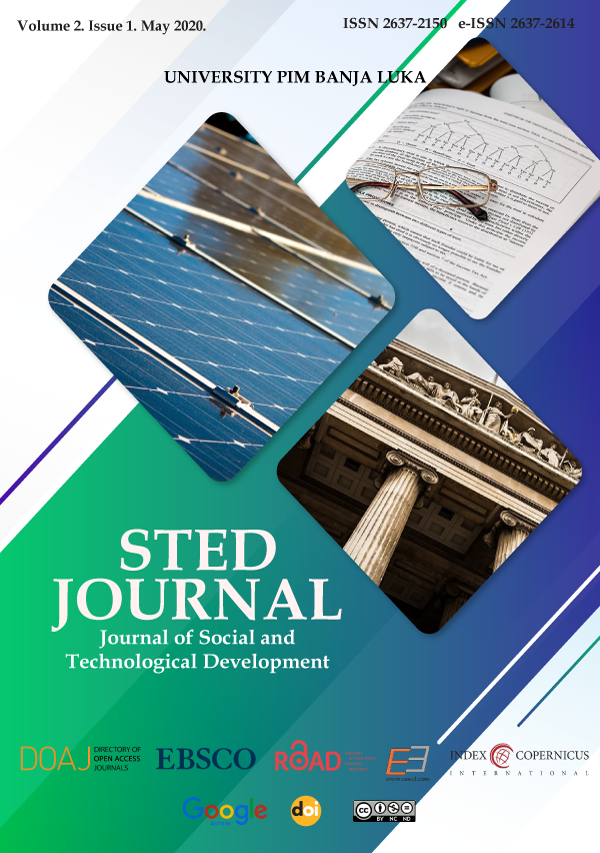Moringa Oleifera Seeds as a Low-Cost Biosorbent for Removing Heavy Metals from Wastewater
Moringa Oleifera Seeds as a Low-Cost Biosorbent for Removing Heavy Metals from Wastewater
Author(s): Samuel Apor Obeng, Kofi Atiah, Emmanuel Hanyabui, John ByalebekaSubject(s): Agriculture, Energy and Environmental Studies
Published by: Univerzitet za poslovni inženjering i menadžment
Keywords: Moringa oleifera seeds; biosorbent; heavy metals; amino acids; waste water;
Summary/Abstract: Heavy metals are considered to be one of the major contaminants of water in recent years due to their non-biodegradable property; hence making them toxic and bioaccumulate to living organisms. Conventional methods such us chemical precipitation, physical treatment through ion exchange are used for removing heavy metal ions from water. These methods are expensive and attributed to incomplete metals removal and high cost of treatment. In recent years, researchers have found alternative low cost and effective method for removal of toxic metals through biosorption process using biological materials. Moringa oleifera seeds is one of the biological materials which has effective adsorption capacity for removal of heavy metals from water and wastewater. In this article, the seeds of Moringa oleifera seeds as a low-cost biosorbent for removal of heavy metals is presented. Moringa oleifera seeds is inexpensive material that contains amino acids. The amino acid is a major constituent of the functional groups that aids in greater ability of heavy metals removal through metal ion exchange or complexation, which is mainly affected by pH, biosorbent dosage, and contact time. Moringa oleifera seeds residues have a greater capacity to absorb heavy metals in a single solution compared to multi ion solution.
Journal: Časopis o društvenom i tehnološkom razvoju
- Issue Year: 2/2020
- Issue No: 1
- Page Range: 45-52
- Page Count: 8
- Language: English

